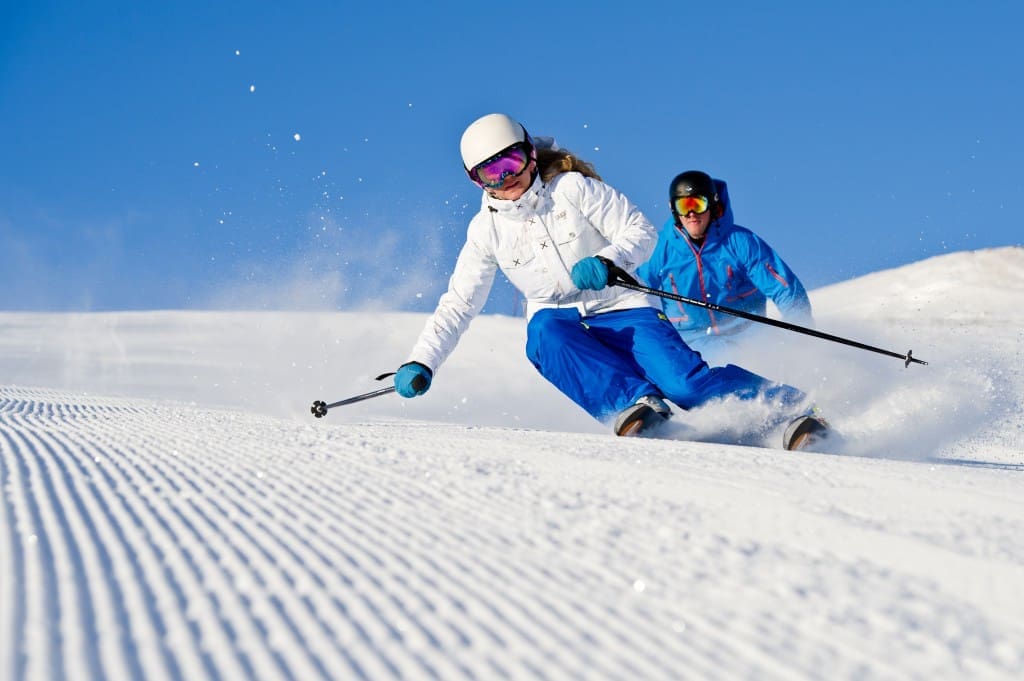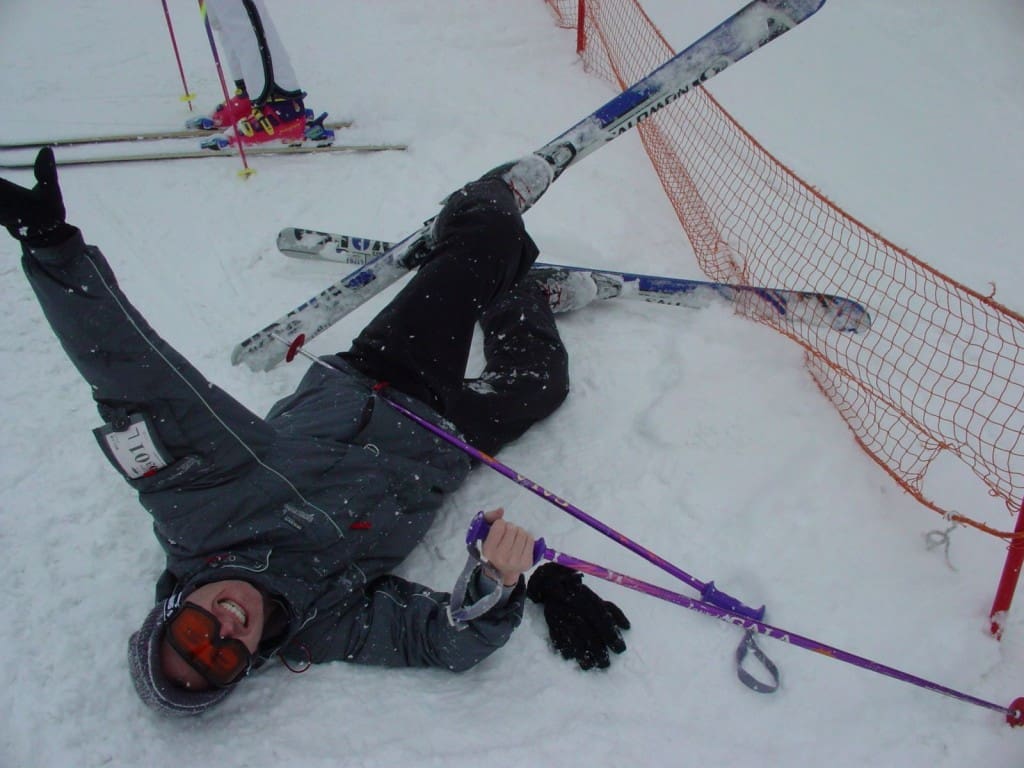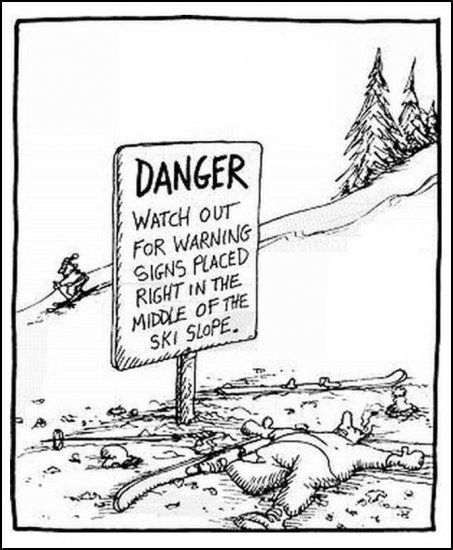10 Essential Ski Safety Tips
There is little in the world more fun than hurtling down a mountainside at breakneck speed, but it really doesn’t take a genius to know that there are safer pursuits in life. Skiing doesn’t have to be inherently dangerous, but there are numerous risks attached to the sport that must be understood and kept in mind by any rational person looking to take part. So keep reading if you want to stay safe, with our 10 essential ski safety tips.
 So, if looking to get started for the first time or maybe just hoping to brush up a little, never forget the following 10 essential ski safety tips from the pros:
So, if looking to get started for the first time or maybe just hoping to brush up a little, never forget the following 10 essential ski safety tips from the pros:
- Respect – Nothing is more important on the slopes than respect for all others present at any one time. The truth is, if each and every person on any given slope went about their skiing with the safety and well-being of others in mind, at least 99% of accidents and incidents could be avoided.
- Speed/Aggression – It is important to only ever attack a slope with as much speed and aggression as personal abilities and weather conditions dictate – straying over the line even a little can be disastrous.
- Path – Everyone on the slopes must pan their path ahead so that they do not obstruct, collide with or in any way endanger other skiers in front of them.

- Overtaking – No skier should ever overtake in close quarters or in a way that could alarm or startle another skier. It is essential to give as wide a berth as possible and hold off overtaking if doing so would prove unsafe.
- Starting Half Way – If not intending to ski the whole run and instead of entering perhaps half way down, it is essential to ensure there is good enough visibility to see other skiers already coming down the run and time a start safely.
- Stopping Mid–Run – Stopping on a piste should be avoided unless necessary while stopping in narrow areas or those of low visibility can be incredibly dangerous. If forced to stop, it is important to immediately move to the safest side of the run and out of harm’s way.
- Walking – If walking up or down a piste for any given reason, this must be done right at the edge of the run on the safest side, avoiding the main skiing area at all costs.
- Signs and Markers – Various signs and run markers are in place for very good reasons, therefore it is important to both look out for them and take note of what they say. Ignorance is a guaranteed recipe for disaster.

- Help – Any person on the slopes who either witnesses an incident or is involved in an accident has a duty to offer help to the necessary extent and to seek professional assistance when and where required.
- Details – If and when an accident or incident occurs or is witnessed, those involved must be sure to swap details such as names and email addresses in the event that contact has to be made for legal or insurance purposes.
Photo sources: flickr.com/photos/trysil – flickr.com/photos/showbizsuperstar



